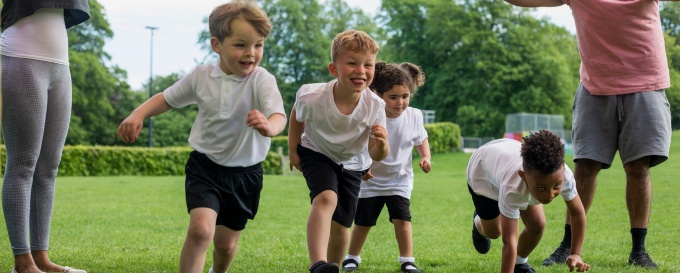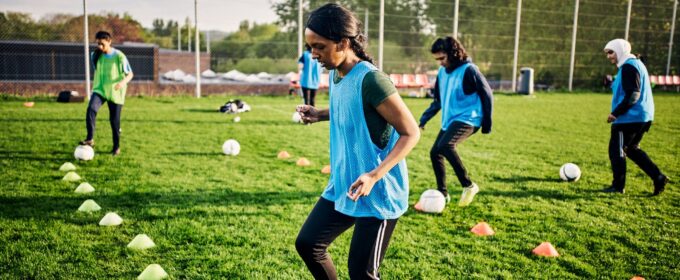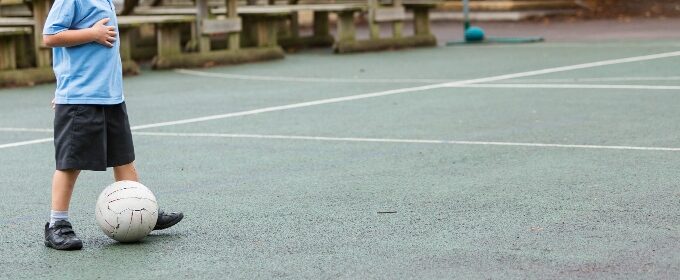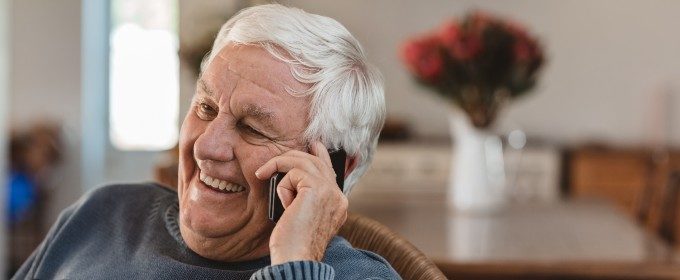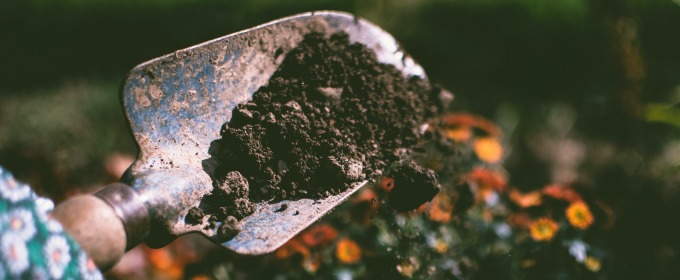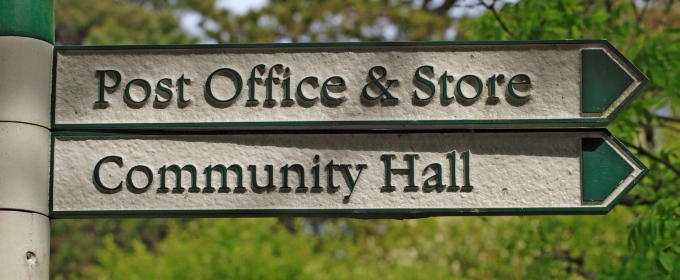Today’s children and young people encounter multifaceted challenges, including mental health concerns, reduced physical activity, and persistent inequities in access to sports. As the post-pandemic landscape reshapes our society, physical education (PE), school sports, and physical activity (PESSPA) emerge as critical tools in fostering healthier, happier, and more resilient children and young people. In this […]
